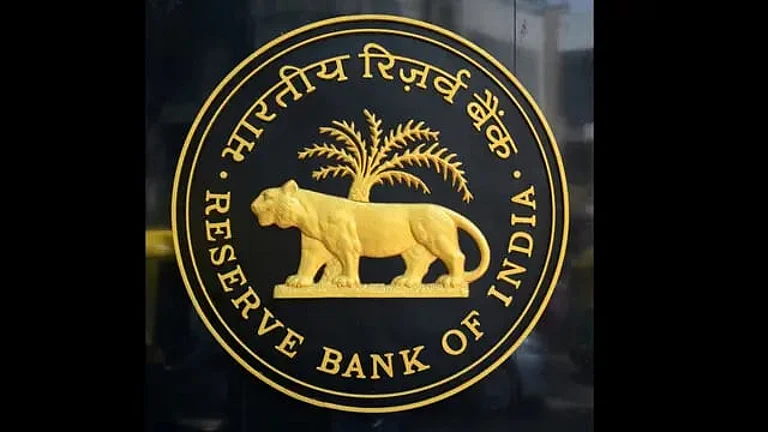When it comes to managing your finances, selecting the right borrowing option can greatly influence your financial well-being. Credit cards and personal loans are two popular options of borrowing, with each offering distinct benefits and features suited to different needs. To make a wise judgement that can help you achieve your financial objectives, you must understand how each option operates.
Personal Loans Vs Credit Cards: How To Decide Which One Is Right For You?
Deciding between a personal loan and a credit card for your financial needs will depend on the requirement for which you are seeking credit, the amount of credit, and the tenure of repayment
What Is A Personal Loan?
A personal loan is an unsecured loan that is credited directly to the borrower’s account by the lender upon approval and must be repaid along with interest over the loan tenure as decided between the borrower and the lender. Personal loans do not work like credit cards and are deemed closed once the borrowed amount has been entirely repaid along with interest and any penalties that could arise for missing an instalment.
What Is A Credit Card?
A credit card is a plastic or metal card that enables the holder of the card to make purchases and delay payment until a specified due date at the completion of the billing cycle. Credit cards operate as a revolving credit, allowing one to spend, repay, and borrow again, provided one does not exceed the credit limit. However, one has a pay a high rate of interest on the unpaid amount if one doesn’t pay the bill in full at the end of the billing cycle.
When To Consider Taking A Personal Loan
Personal loans provide a lump sum upfront, making them suitable for unexpected expenses, such as expensive car repairs or home renovations. They come with fixed repayment plans, thus helping the borrower to manage costs over time.
Key benefits include predictable payments, which simplify budgeting, and a much lower rate of interest compared to that on a credit card, thus saving money in the long run. Additionally, timely payments can help improve one’s credit score.
The application procedure for personal loans makes them unsuitable for regular purchases, though. Also, loan applications may have a transient negative effect on your credit report.
When To Consider Using A Credit Card
Credit cards are ideal for everyday needs, including grocery purchases, fuel expenses and regular online shopping. Credit cards allow the holder to make purchase and pay for them at a later date without having to apply for a loan every time. If the card user pay off the debt in full before the due date, he/she can avoid paying interest on the amount due, thus converting the credit card into a short-term, interest-free loan.
Many credit cards also come with rewards programs, offering cash back, travel points, or other perks based on the spending pattern or otherwise. By taking advantage of these rewards, one can also maximise the benefits offered by the card without incurring extra costs.
However, it is essential to be aware of the hazards involved with credit card use. Overspending can lead to debt if one is not mindful of the expenses. Also, revolving the unpaid due at the end of the billing cycle could lead to a higher interest payout and quickly spiral into an unmanageable debt. Therefore, cautious usage is vital to enjoying the benefits of credit cards.
